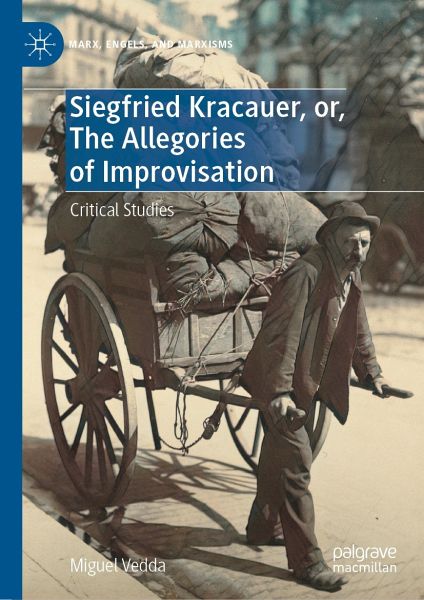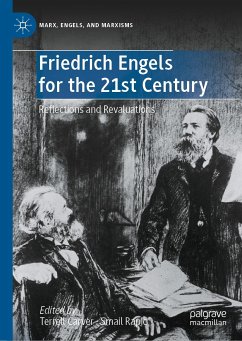
Siegfried Kracauer, or, The Allegories of Improvisation (eBook, PDF)
Critical Studies
Versandkostenfrei!
Sofort per Download lieferbar
96,95 €
inkl. MwSt.
Weitere Ausgaben:

PAYBACK Punkte
48 °P sammeln!
This book analyses multiple facets of Kracauer's work, comprehending the essayistic, narrative, philosophical, theoretical and critical writings, and putting special emphasis on some aspects: the phenomenology of metropolis, the theory of historiographic method, the reflections on the crisis of the subject and the emergence of a new subjectivity, the new forms of perception and aesthetic behaviour in late capitalism, the function of critic-intellectuals, the sociology of the middle classes, the theory of fascism, the aesthetical and sociological reflections on literary genres, the politicizati...
This book analyses multiple facets of Kracauer's work, comprehending the essayistic, narrative, philosophical, theoretical and critical writings, and putting special emphasis on some aspects: the phenomenology of metropolis, the theory of historiographic method, the reflections on the crisis of the subject and the emergence of a new subjectivity, the new forms of perception and aesthetic behaviour in late capitalism, the function of critic-intellectuals, the sociology of the middle classes, the theory of fascism, the aesthetical and sociological reflections on literary genres, the politicization of melancholy. An original feature of this book is the attention it pays to the links between Kracauer's theoretical and critical writings and the traditions of heterodox Marxism, against a habitual tendency to obliterate the political (and emancipatory) dimension in the German author.
Dieser Download kann aus rechtlichen Gründen nur mit Rechnungsadresse in A, B, BG, CY, CZ, D, DK, EW, E, FIN, F, GR, HR, H, IRL, I, LT, L, LR, M, NL, PL, P, R, S, SLO, SK ausgeliefert werden.












